The Formula Behind The Facebook “Like” Number
Facebook’s private messages spawned quite an uproar last week when it was uncovered that messages were not only being crawled, but also used towards the overall “Like data” of a page. One of the important lessons that marketers learned from the situation was that the “Like count” wasn’t really about likes, rather other interactions (and […]
Facebook’s private messages spawned quite an uproar last week when it was uncovered that messages were not only being crawled, but also used towards the overall “Like data” of a page. One of the important lessons that marketers learned from the situation was that the “Like count” wasn’t really about likes, rather other interactions (and messaging) that occurs on Facebook. This led us to ask the question — Just what does count towards the Facebook Like data?
According to the official Facebook Developers page, four different variables make up the Like number:
The number shown is the sum of:
- The number of likes of this URL
- The number of shares of this URL (this includes copy/pasting a link back to Facebook)
- The number of likes and comments on stories on Facebook about this URL
- The number of inbox messages containing this URL as an attachment.
Unpon further review, we’ve uncovered more variables that affect “Like data” and will clarify the exact formula. We’ve reached out to a Facebook spokesperson and have confirmed that the following elements all are counted into the overall Facebook Like data.
Number of Page Likes
Where this occurs:
Directly on a web page with the Facebook Like social plugin
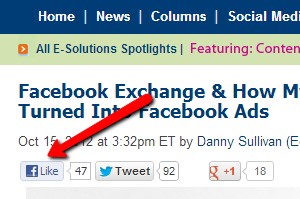
How the Like data is influenced:
A user browsing a web page simply clicks on the “Like’ button and an additional vote is added to the Like data count.
Number of Page Shares
Where this occurs:
On a web page, using the “send button on the Facebook Social Plugin

How the Like data is influenced:
The Facebook like button social plugin can be configured to show both the “like” and “send” buttons. On pages that have both buttons configures, a user that simply “sends” the post (using the like button) will add 1 to the overall Like data.
Number of Facebook Posts
Where this occurs:
On Facebook
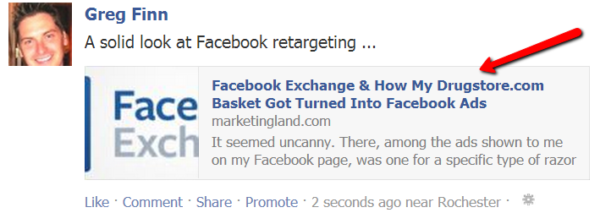
How the Like data is influenced:
A user creates a new post and includes a link in the post. Each post is counted in the overall Like data.
Number of Facebook Post Likes
Where this occurs:
On Facebook, on an existing post

How the Like data is influenced:
A user viewing their news feed sees post with an interesting link and likes the actual Facebook post.
Number of Post Shares
Where this occurs:
On Facebook, from within the News Feed

How the Like data is influenced:
A user finds a shared link in their News Feed and shares with their audience. Each of these shares is counted in the overall Like data.
Number of Post Comments
Where this occurs:
On Facebook Posts

How the Like data is influenced:
A user sees a shared link in their News Feed and comments on it. The overall like data is positively influenced when the comment is added.
Number of Post Comments with Links
Where this occurs:
On Facebook Posts that do not have a link in the original post
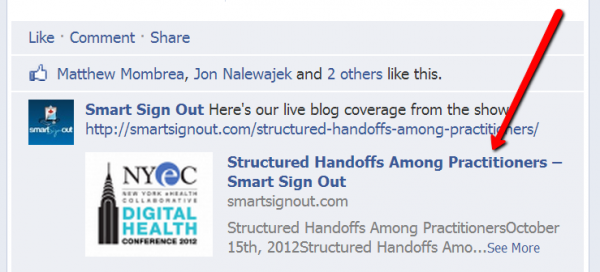
How the Like data is influenced:
A user sees a friend’s post that does not have originally have a link included. The user comments on their friend’s post with a link included in the comment. The Like Data for the link within the comment is then positively influenced.
Number of Messages
Where this occurs:
Within Facebook chat
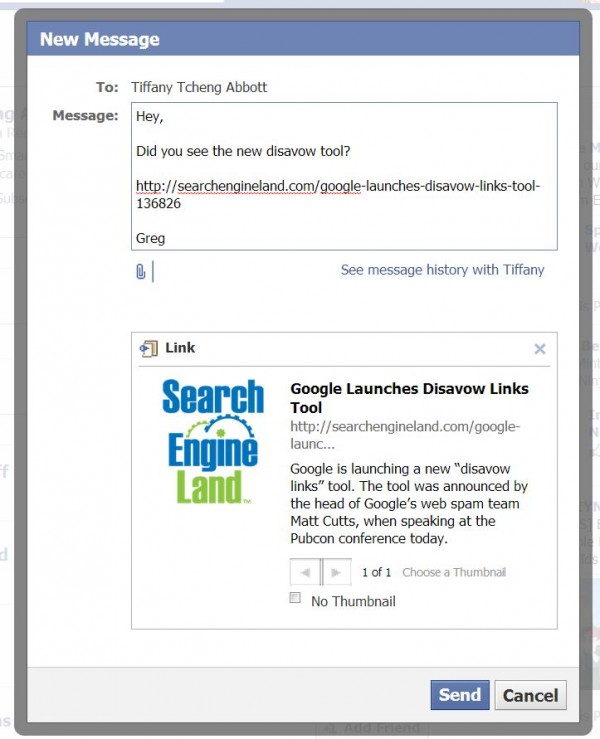
How the Like data is influenced:
If a user copies a link to a direct message and sends to another user, like data is increased for the URL being sent. This number is only increased on a per-user basis; user’s can’t continually send messages to inflate counts.
Number of URL Comments (if using Facebook comments)
Where this occurs:
On a URL that is using the Facebook comments plugin
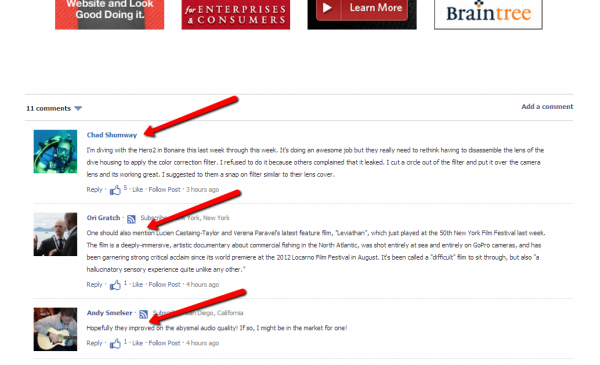
How the Like data is influenced:
A user is reading an article on a specific website that has the Facebook comments plugin installed. When the comment is made on the page, the like data increases.
So, yes, the Facebook Like button absolutely pulls in much more data than just those simply clicking a button on the page. With the recent overall reach decreases the value of Facebook engagement couldn’t be higher. An engaged user (whether they are in favor of a topic or not) is added to the overall “Like data” of a link, so make sure to get folks talking about you if tying to boost those Like numbers.
Contributing authors are invited to create content for MarTech and are chosen for their expertise and contribution to the martech community. Our contributors work under the oversight of the editorial staff and contributions are checked for quality and relevance to our readers. MarTech is owned by Semrush. Contributor was not asked to make any direct or indirect mentions of Semrush. The opinions they express are their own.
Related stories
New on MarTech